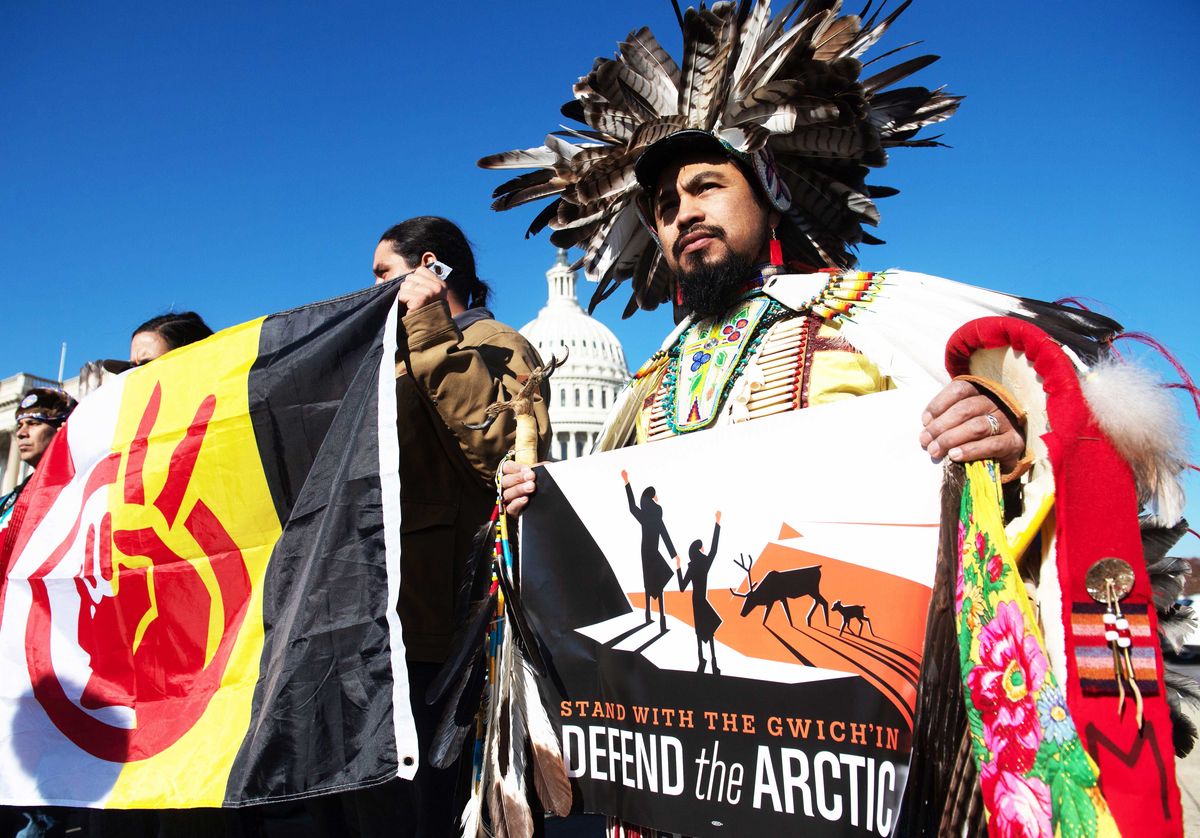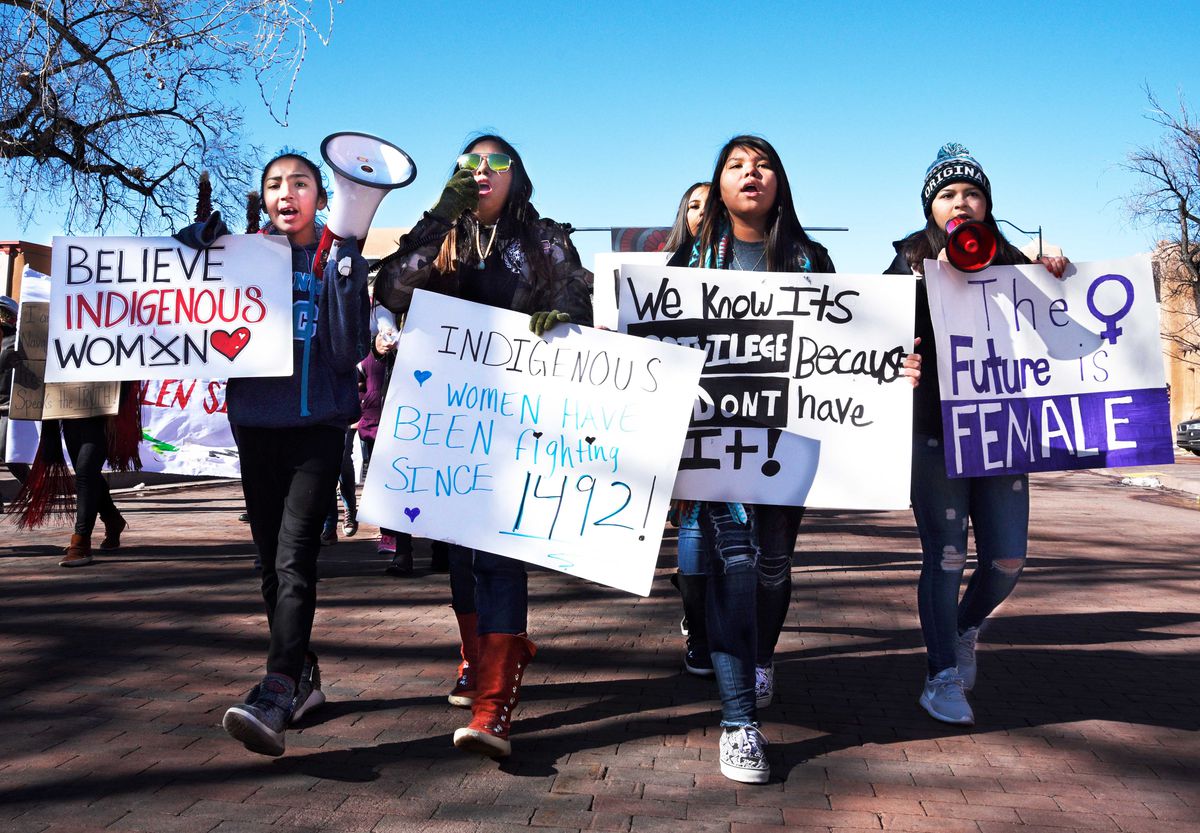

Native leaders on what it would look like if the US kept its promises
The US has signed hundreds of treaties with Indigenous peoples. Here’s what would happen if the government actually honored them.
By Rory Taylor Sep 23, 2019, This story is part of a group of stories called First Person essays and interviews with unique perspectives on complicated issues.
While people in a single community will provide a range of perspectives — much less in all 573 federally recognized tribes — more often than not, a version of one answer always comes up about what the US needs to do: honor the treaties.
The US government signed 370 treaties with numerous Indigenous nations from 1778 to 1871.
While the language in the treaties is diverse, there are often certain common features of the pacts: a guarantee of peace, a definition of land boundaries, preservation of hunting and fishing rights, and provisions for protection against domestic and foreign enemies. (HUNT FISH GATHER)
But these pacts were signed across significantly different periods of history, with incredibly divergent views of what Indigenous nations were. That’s why listening to what Native peoples are actually asking for is so important.
READ: Native American treaties: What it would mean if the US honored them - Vox







No comments:
Post a Comment
Please leave a comment.